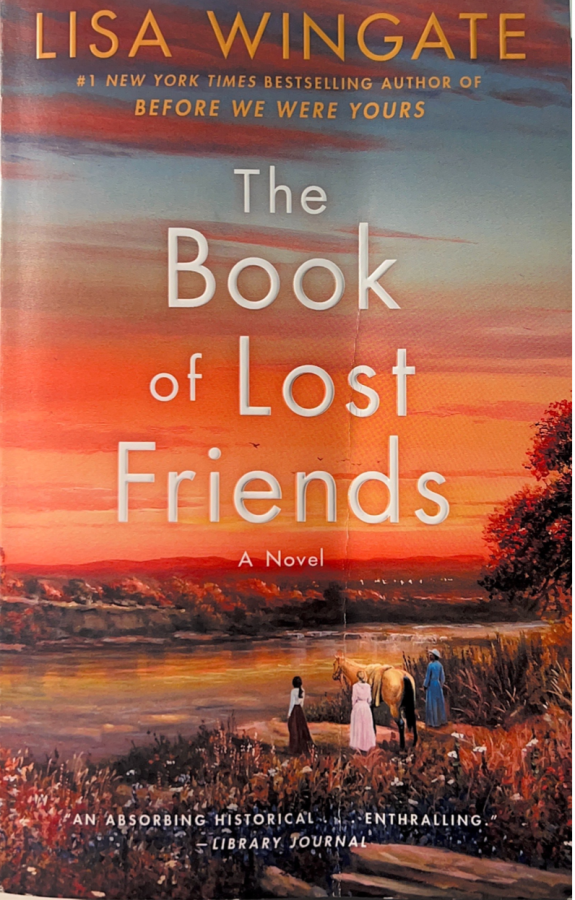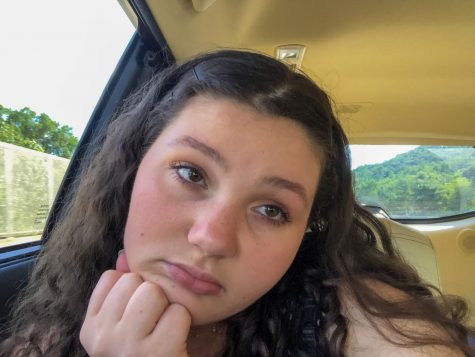Lisa Wingate’s “The Book of Lost Friends” is a Poignant and Seamless Novel of the Past Influencing the Present
December 23, 2021
“Dear Editor – I wish to enquire for my people. My mother was named Mittie. I am in the middle of nine children and named Hannie Gossett. The others were named Hardy, Hey, Pratt, Epheme, Addie, Easter, Ike, and Rose and were all my mother had when separated…My brothers and sisters, cousins and aunt were sold and carried from us in Big Creek, Jatt, Winfield, Saline, Kimballs, Greenwood, Bethany, and finally Powell town, Texas, where was mother was taken and never seen by me again… I am well, but my mother is greatly missed by me, and any information of her or any of my people is dearly desired. I pray that all pastors and friends discovering this plea will heed the desperate call of a broken heart and send word to me… Any information will be acceptable and thankfully received.”
- From “Lost Friends” column of the Southwestern Christian Advocate Newspaper
This is a real ad posted by a family member attempting to connect with a loved one. Just one of hundreds, thousands of ads placed after the Emancipation Proclamation. Published in Southern newspapers and shared in African American congregations by their preachers, recently freed slaves consulted their local press and churches in a desperate attempt to locate their lost family.
Following dual timelines centuries apart, Lisa Wingate’s “The Book of Lost Friends” details the story of three young women in Louisiana in 1875, in the peak of the Reconstruction Era: former slave Hannie, Lavinia — whose family owned Hannie her whole life —and Juneau Jane, Lavinia’s illegitimate half-sister. The trio set off as unwilling companions on a treacherous journey. For Lavinia and Juneau Jane, it is a quest for their inheritances from their missing father. For Hannie, she mulls over the same question as they travel: could her family – her mother and 8 siblings – be out there, in the limitless Texan frontier? Hannie yearns for the tense, but flickering connection between Lavinia and Juneau Jane, flocking to local newspapers and churches. Lavinia and Juneau Jane, just newly coming to terms with each other’s existence, begin to bond despite their father’s disappearance. With Hannie posing as the wagon driver to avoid suspicion, the trio head out west in search of their respective truths, unknowing of the trials and tribulations awaiting them.
They stumble across a church that drowns in newspaper ads and columns. Looking further on the walls, the trio find ads placed by hundreds of slaves in columns and churches. While searching for her family, Hannie looks out for the family members of other people while Juneau Jane creates the “Book of Lost Friends,” effectively keeping track of the people they have encountered.
Two centuries later in Louisiana, 1987 – new teacher Benedetta (Benny) Silva takes a job in a small town with the hope of making an impact in the lives of her and her students. Instead, she finds herself with a barren classroom daily. Her students, stricken with poverty, absences and other circumstances, do not see the appeal in an education. Benny, desperate for something to ignite her student’s interest, rifles through the library in the home she is renting. It is this piece of fate that leads Benny to the story of Hannie, Lavinia and Juneau Jane. Benny, living in the former home of the three women, discovers papers that connect the lives of her students to Hannie’s. She talks about the “Lost Friends” newspaper column and her students create a research project in which they reenact their ancestors in an effort to raise money for the school.
This book was like nothing I have ever read before. I have attempted to read dual timeline novels, but I always ended up jumbled and confused, mixing up characters and plot lines. However, “The Book of Lost Friends” is so thoroughly executed that each of the plot lines – in their complexity and nuance – were neat and clear. Wingate integrates history and fiction perfectly, blending the real world with the fictitious.
This is a wonderfully-told story of identity, of family, of lives bound by blood, by land, by circumstance. All characters are believable in their strengths, dreams and most importantly, their flaws. Both stories are compelling and seamlessly connect to one another. Although it is slow to start, this book packs a powerful punch. The dual timelines are split up by Lost Friends ads placed between, a thoughtful and meaningful transition from one plot to the next. Wingate perfectly describes the impact our history has on our children; our future.



